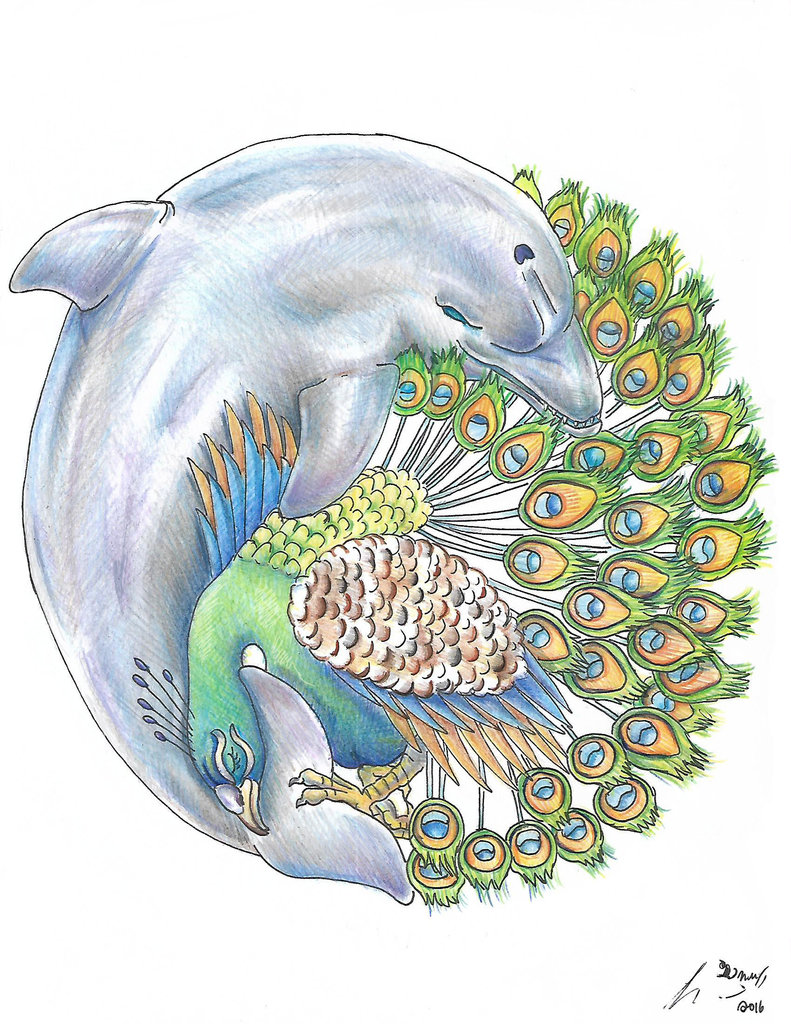updike
-

Review of The Witches of Eastwick by John Updike
Why Updike?This book was more libidinous than a high school boy’s locker room. But that’s unfair. I’m sure not all locker rooms are this bad.Hyperdetailed. Meandering. The man could write description. But, in so many cases he dwells on images we can do without. Plot and characters go out the…
-

Review of The Maples Stories by John Updike
The gift of loving. The heart’s projection in a face. Poetic logic extrapolated into pullulating prose. Rhythms of the distracted interior. The quiet calm of an assured mind. The heady grandeur of a passing fancy. Every stiff tonsure and allure of wafting tendrils of silken hair. A magniloquent breeze. Heartfelt…
-

Review of Collected Early Stories by John Updike
This one surprised me. It is a luxurious and splendid collection. Well worth the money. My first Updike. Reading it resulted in me buying 12 of his books. For some reason, he has acquired a reputation recently, and most of the chatter about his work takes the form of complaints.…
